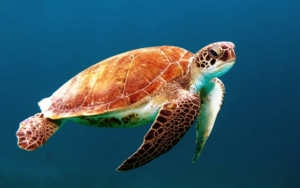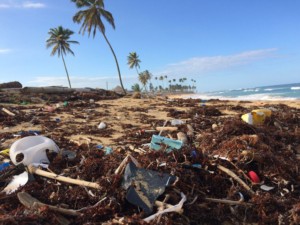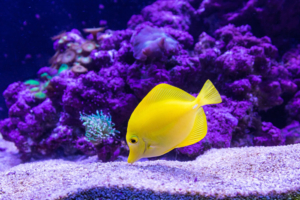Why Is the Ocean Important? Ocean Conservation
Balancing Human Needs and Ocean Conservation
The ocean and ocean conservation plays a vital role in sustaining life on Earth, providing essential resources and regulating the planet’s climate. However, human activities have put increasing pressure on marine ecosystems, threatening their health and resilience. In this article, we’ll explore the importance of the ocean to our livelihoods and discuss practical steps we can take to protect and conserve these invaluable resources.
Importance of the Ocean:
Save the Whales! Save the Dolphins! Save the Turtles!
We’ve all heard this before – but why? It’s all about balance
Diverse Ecosystems:
The ocean is home to a vast array of ecosystems, including coral reefs, kelp forests, mangroves, and open ocean habitats. Each of these ecosystems supports a unique mix of marine species, from microscopic plankton to large predators like sharks and whales. (see Nutrient Cycling below for deeper explanation)
Crucial Services:
- Food Production: The ocean is a vital source of food for millions of people around the world. It supports
 fisheries and aquaculture operations that provide protein-rich seafood for human consumption.
fisheries and aquaculture operations that provide protein-rich seafood for human consumption. - Climate Regulation: The ocean plays a critical role in regulating Earth’s climate by absorbing and storing large amounts of carbon dioxide (CO2) and heat from the atmosphere. This helps to mitigate the impacts of climate change by reducing greenhouse gas concentrations in the atmosphere.
- Nutrient Cycling: Marine ecosystems play a key role in nutrient cycling, recycling essential nutrients like nitrogen and phosphorus through processes such as photosynthesis, decomposition, and nutrient uptake by marine organisms. This helps to sustain ocean productivity and support marine food webs.
- Marine Industries: Fishing, tourism, and shipping, contribute significantly to global economies, providing livelihoods for millions of people worldwide.
Interconnectedness:
The health of ocean ecosystems is closely interconnected with terrestrial and atmospheric processes. For example, changes in ocean temperature and chemistry can impact weather patterns, ocean currents, and global climate systems. The ocean supports a diverse array of ecosystems that provide crucial services such as food production, climate regulation, and nutrient cycling.
Threats to Ocean Health:
- Overfishing: Unsustainable fishing practices, including overfishing and bycatch, deplete fish stocks and disrupt marine food webs.
- Pollution: Plastic pollution, oil spills, chemical runoff, and marine debris pose significant threats to marine life and ecosystems.
- Climate Change: Rising sea temperatures, ocean acidification, and sea-level rise driven by climate change endanger marine habitats and species.
Conservation Solutions:
- Implementing where necessary fishing practices, such as catch limits, gear restrictions, and marine protected areas, to rebuild fish stocks and ensure long-term sustainability
- Adopting measures to reduce plastic waste

- Improve waste management infrastructure
- Promote recycling and reuse initiatives to prevent pollution from entering the ocean
- Support beach cleanups, river cleanups, and coastal cleanup events to remove plastic debris and prevent it from entering the marine environment.
- Promote ocean literacy and environmental education to raise awareness about the importance of ocean conservation and inspire action among individuals, communities, and future generations.
- Support initiatives that integrate marine science, conservation, and stewardship into school curricula, community programs, and public outreach activities.
- Choose sourced seafood products certified by reputable organizations
- Climate Action: Reducing greenhouse gas emissions, transition to renewable energy sources, and support initiatives to protect coastal habitats
Conclusion:
The ocean is a precious resource that sustains life on Earth and supports countless human activities. By recognizing the importance of the ocean we can ensure a healthy and thriving ocean for future generations to enjoy. Let’s work together to safeguard our seas for the benefit of all.


